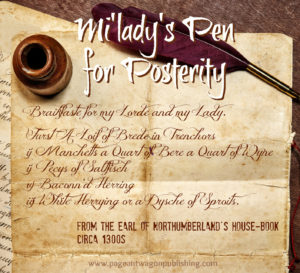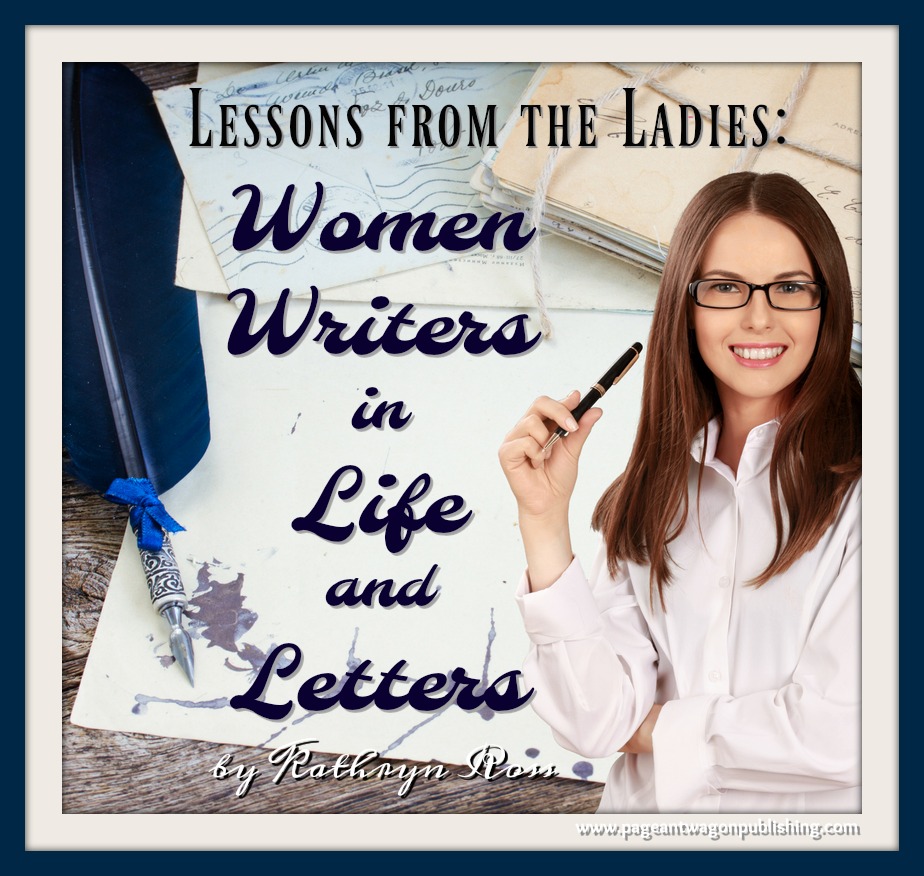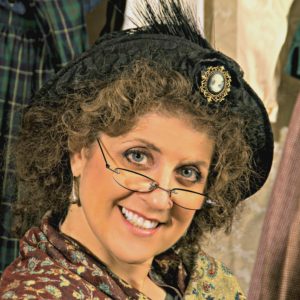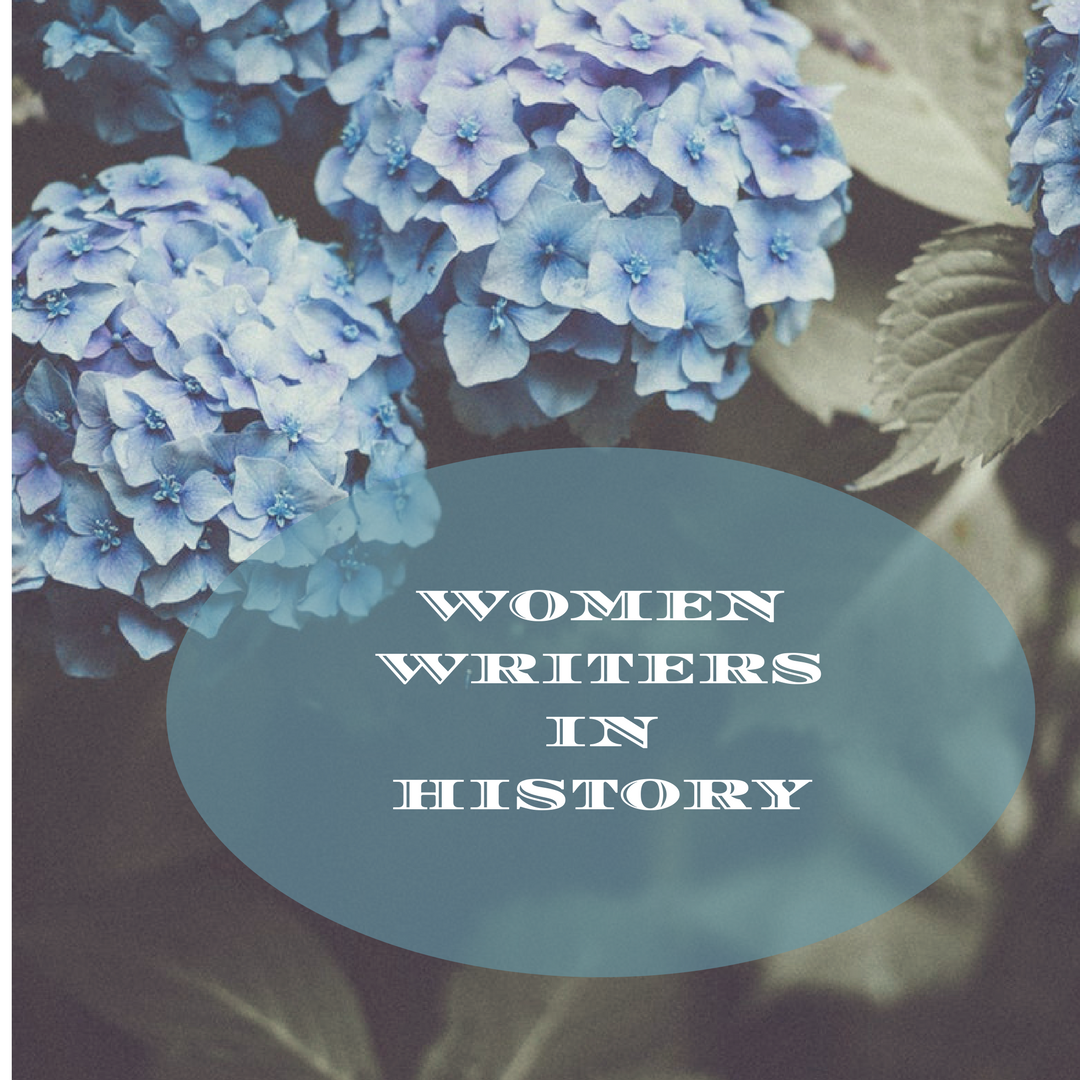The well-born lay woman . . . led a much freer and fuller life than her sister in religion. On her was laid the task of ordering large numbers of servants, of keeping good store of food and clothing, and of physicking if need be the members of her household.
Phillips & Tomkinson
English Women in Life and Letters
Last month we touched upon the life of the German nun and first female playwright, Hrotsvitha. Her cloistered life afforded her the luxury of an education, but little other pleasures in a material sense due to strict disciplines imposed upon her monastic lifestyle. Her written works attained an audience in her lifetime and far beyond leaving a powerful impact for God’s truths.
 However, most of the words penned by ladies of the time only knew reading audiences within their households and intimate relationships.
However, most of the words penned by ladies of the time only knew reading audiences within their households and intimate relationships.
The writing life of women in medieval times remained in the upper spheres of the classes: noblewomen, cloistered nuns, and royalty with access to education. Noble-women and higher-ranked members of the servant class managed households and palaces with efficiency and skill, leaving reams of written notes with the record of their days and household ways.
Largely free of the back-breaking menial chores associated with daily living, noblewomen recorded directives to their staff to accomplish such tasks. They drafted daily menus and managed inventories of valuable stores.
But, beyond the business of household management, lettered noblewomen enjoyed applying pen to paper for leisure in their writing life. Prayer journals, correspondence, fictional tales for personal amusement, and literary translations are left to us for posterity. For the most part, few of these women fancied their written words to have any lasting impact beyond their home. They had no thought to edit their work so we in later years have more honest words from which to, not only learn of historic realities, by more accurately judge the character of the writer in her time. These documents are valuable historic treasures referenced by academic elites and non-fiction readers today. When penned, the writers could not have imagined eager audiences reading their words hundreds of years later. Secrets are shouted from rooftops reflecting upon the authors—for good or ill.
Popular non-fiction reading includes the posthumous publication of private letters, journals, and casual notes saved from the past. The most closely guarded secrets of a woman’s life, in life, finds worldwide readers hundreds of years after her death. Do you ever imagine that will be your story, too?
Women writers in the 21st century trade in words daily. Social media exposes our personal and random reflections on our days and household ways to a world-wide audience almost immediately they are written. There is great debate on the wisdom of so much personal and unedited material flooding the digital world, lingering and accessible to whomever forever. How do the stories your random, unedited writings tell reflect upon you and the things you hold most dear? For many of us, mi’lady’s pen for posterity is a cautionary tale.
Out of the same mouth proceed blessing and cursing. My brethren, these things ought not to be so. James 3:10 NKJV
Your pen is your tongue—outlasting your life and living still when your physical voice speaks no more. Think on these things for posterity.
- Steward your random writings in labeled files—both hard copy and digital.
- Be true to yourself in your records—but truer to God.
Journal Prompt: Would medieval ladies have altered their words if they thought the spilling of their hearts would have such a broad platform and be given great weight as historical documents hundreds of years after their deaths? How do you view and value the random notes or private words you write? Why? Into whose hands will your personal journals, letters, and saved ephemera fall one day? What is the historic legacy your personal writings will leave for posterity?
What medieval women, writing in private, left to the public and posterity #journaling. Click To Tweet #Women in Life and Letters— #Writing Milady’s Pen for Posterity Click To TweetReference:
English Women in Life and Letters, by M. Phillips and W. S. Tomkinson Oxford University Press, 1927
Writer-speaker, Kathryn Ross, ignites a love of literature and learning through Pageant Wagon Productions and Publishing. She writes and publishes homeschool enrichment and Christian living books for home, church, and school. Her passion is to equip women and families in developing a Family Literacy Lifestyle, producing readers and thinkers who can engage the world from a biblical worldview. She blogs and podcasts at TheWritersReverie.com and PageantWagonPublishing.com. Connect with Miss Kathy on Facebook.




 We love helping your growing in your writing career.
We love helping your growing in your writing career.

No Comments